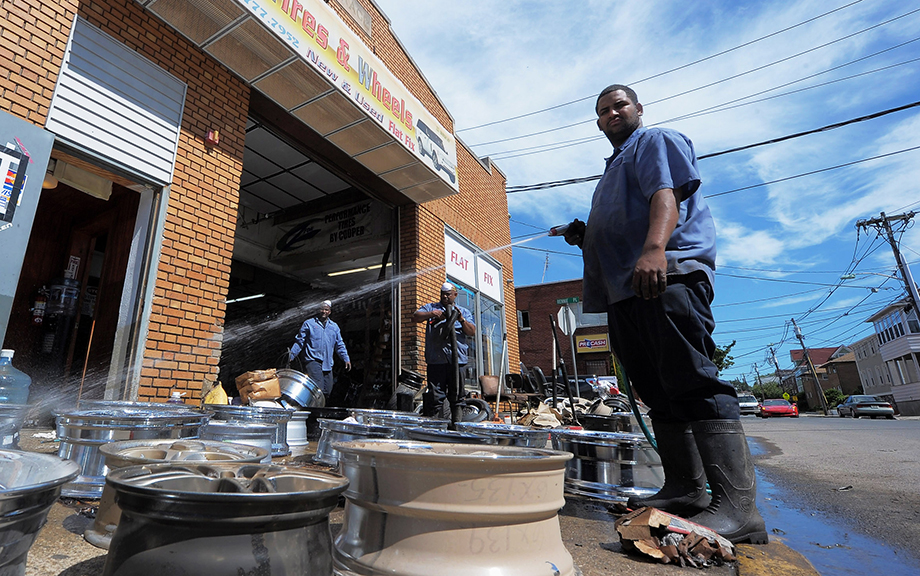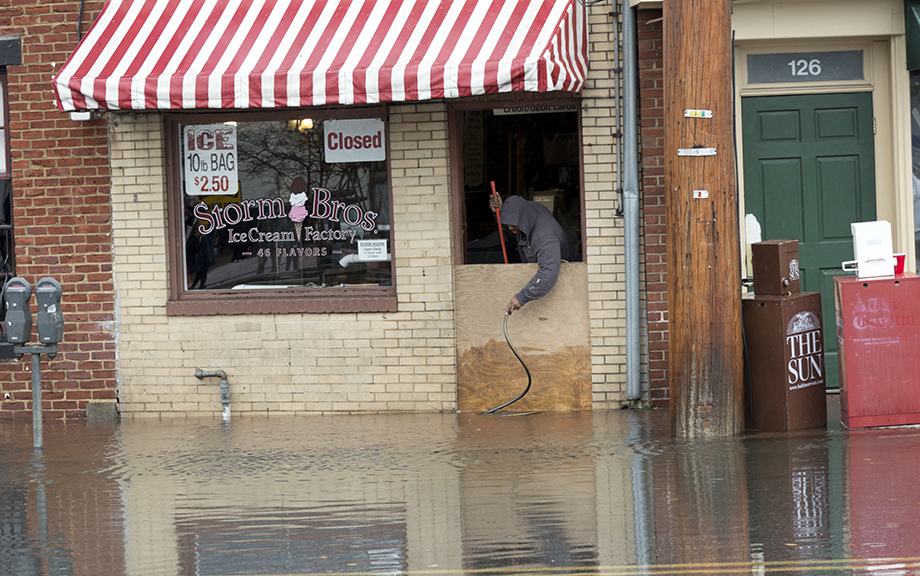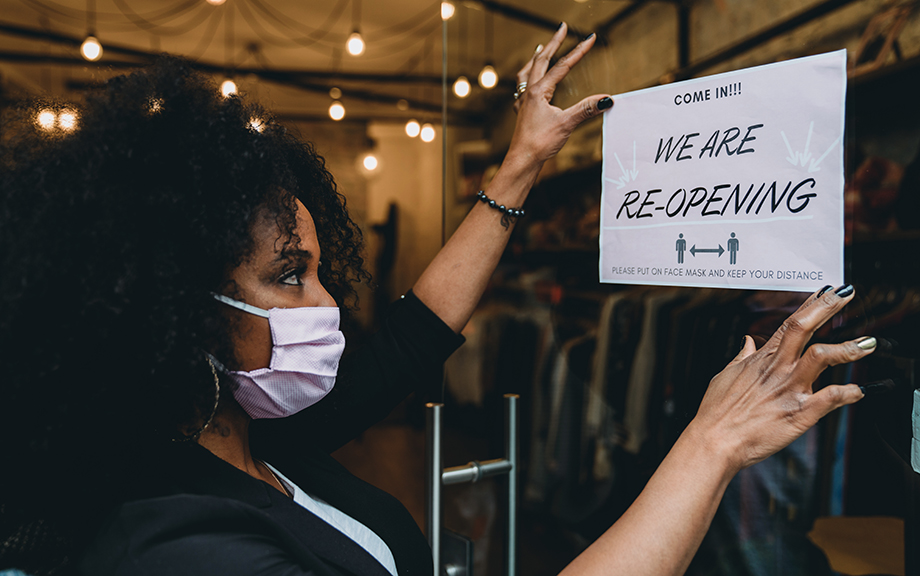Small Business Recovery after Natural Disasters

The first post of this series found that small businesses owned by people of color are particularly vulnerable to natural disasters. In this post, we focus on the aftermath of disasters, and examine disparities in the ability of firms to reopen their businesses and access disaster relief. Our results indicate that Black-owned firms are more likely to remain closed for longer periods and face greater difficulties in obtaining the immediate relief needed to cope with a natural disaster.
How Do Natural Disasters Affect U.S. Small Business Owners?

Recent research has linked climate change and socioeconomic inequality (see here, here, and here). But what are the effects of climate change on small businesses, particularly those owned by people of color, which tend to be more resource-constrained and less resilient? In a series of two posts, we use the Federal Reserve’s Small Business Credit Survey (SBCS) to document small businesses’ experiences with natural disasters and how these experiences differ based on the race and ethnicity of business owners. This first post shows that small firms owned by people of color sustain losses from natural disasters at a disproportionately higher rate than other small businesses, and that these losses make up a larger portion of their total revenues. In the second post, we explore the ability of small firms to reopen and to obtain disaster relief funding in the aftermath of climate events.
Did Changes to the Paycheck Protection Program Improve Access for Underserved Firms?

Prior research has shown that many small and minority-owned businesses failed to receive Paycheck Protection Program (PPP) loans in 2020. To increase program uptake to underserved firms, several changes were made to the PPP in 2021. Using data from the Federal Reserve Banks’ 2021 Small Business Credit Survey, we argue that these changes were effective in improving program access for nonemployer firms (that is, businesses with no employees other than the owner(s)). The changes may also have encouraged more applications from minority-owned firms, but they do not appear to have reduced disparities in approval rates between white- and minority-owned firms.
Who Benefited from PPP Loans by Fintech Lenders?

In the previous post, we discussed inequalities in access to credit from the Paycheck Protection Program (PPP), showing that, although fintech lenders had a small share of total PPP loan volumes, they provided important support for underserved borrowers. In this post, we ask whether smaller firms received the amount of PPP credit that they requested, and whether loans went to the hardest-hit areas and mitigated job losses. Our results indicate that fintech providers were a key channel in reaching minority-owned firms, the smallest of small businesses, and borrowers most affected by the coronavirus pandemic.











 RSS Feed
RSS Feed Follow Liberty Street Economics
Follow Liberty Street Economics